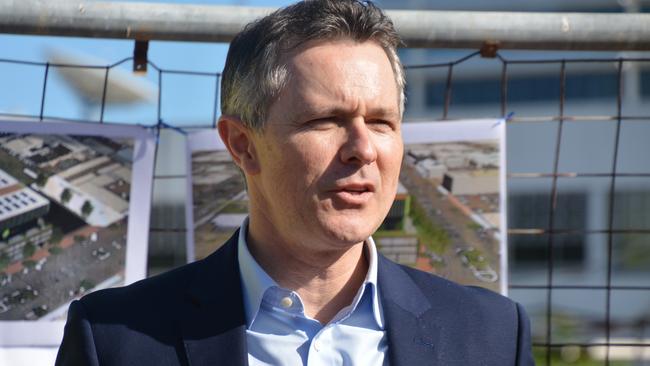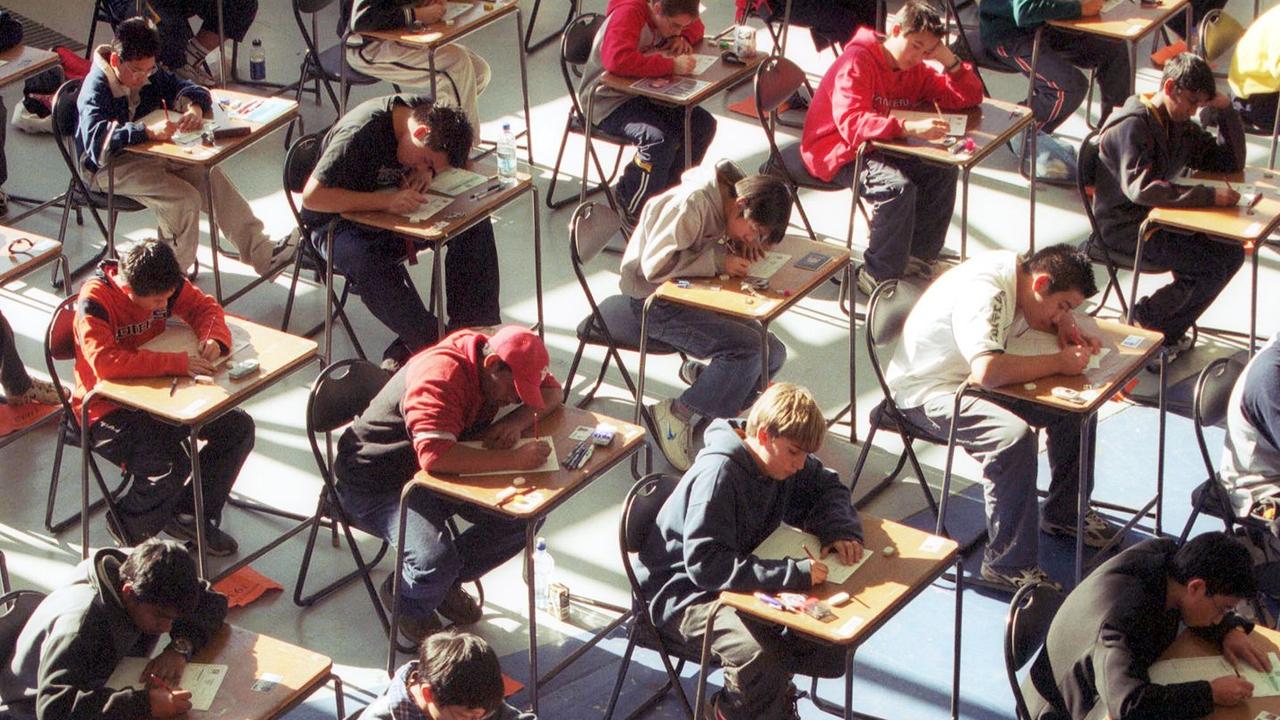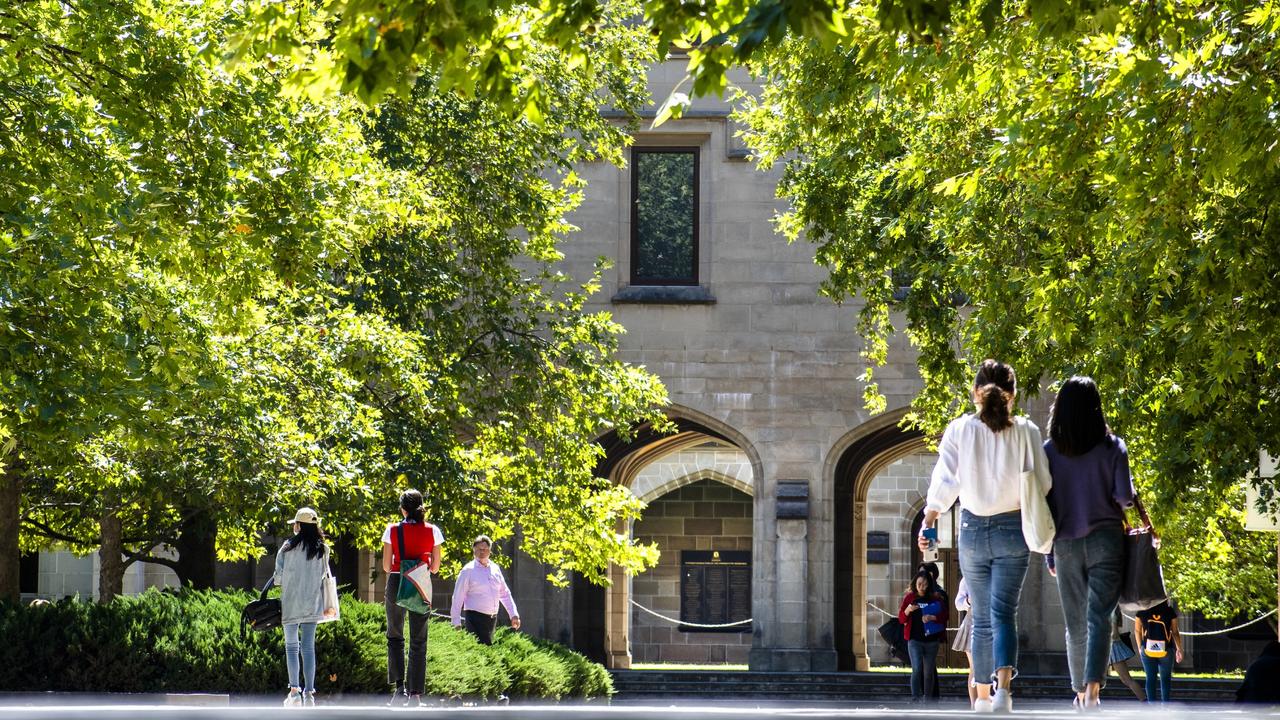Nation’s education ministers to hear what will keep teachers from leaving the profession
Educators are set to detail a list of demands as the nation’s education ministers meet to try to tackle the dire teacher shortage.

Education
Don't miss out on the headlines from Education. Followed categories will be added to My News.
Educators will demand more support, incentives to move to the country and on-the-job training when the nation’s education ministers tackle the country’s teacher shortage.
Principals, teachers and education specialists will be brought into a round table discussion with each state’s education ministers about the shortage on Friday.
It is believed the meeting will explore how to entice more young people into the teaching sector and prioritising visa applications for overseas staff.
Federal Education Minister Jason Clare announced in July that education ministers from each state would meet in person for the first time since the election to tackle the national crisis.
Burnout from the job and ways to drive up the number of people becoming teachers are also on the agenda, with Victorian teachers saying not enough is being done to incentivise both graduate teachers and experienced staff.
The Herald Sun understands one proposal would include teachers being seconded to country schools if they were guaranteed a move back to a city school of their choice.

Teachers have identified an extra $5000 in salary, a four-wheel drive car and rent subsidies of up to 90 per cent as sweeteners that would help get them into the hardest-to-fill jobs in the country, a University of Technology, Sydney study has found.
Primary school principal Rebecca Huddy, who will attend the meeting, said her priority was trying to obtain additional support for preservice teachers, who need more in-class experience before they graduate from their studies to contend with modern stressors, such as social media.
“I’m having trouble recruiting. Fresh teachers are coming out (of the industry), and it’s not what they were hoping for, because some of the things they have to face now didn’t exist 25 years ago,” she said.
“We need to work a little bit more creatively to take away a bit of the red tape with those pre service teachers to get them into bigger and longer internships in schools.”
Many states such as Victoria already offer incentives of up to $50,000 over four years to lure teachers to rural jobs.
But grade 5 teacher Hayley Graer, who moved from Western Australia to Victoria to take up a new teaching position, said she copped a $10,000 pay cut because her several years of relief work in WA were not recognised here.

“This doesn’t do the state any favours in attracting teachers from other states,” she said.
“I have friends that I trained with in WA that are interested in coming to Victoria but unlike me they aren’t willing to sacrifice the pay drop as their CRT (casual relief teaching) work isn’t recognised.”
The national meeting comes after the Herald Sun revealed in June that one in five Victorian teachers leave the profession within five years of graduating.
Mr Clare said on Thursday that it was crucial to shift the perception of teaching.
“The more of us who talk about how important teaching is, the more young people will think that’s what I want to do,” he said.
The Australian Education Union and the Independent Education Union of Australia, which together represent 250,000 educators, said working conditions of teachers needed to be addressed.
“Quick-fix responses, such as sending unqualified teachers into classrooms, will have long-term consequences for both teachers and students and will aggravate early career burnout.”
A recent survey found teachers were working an average of 57 hours a week, while more than eight in ten said their workload has increased since March 2020.




